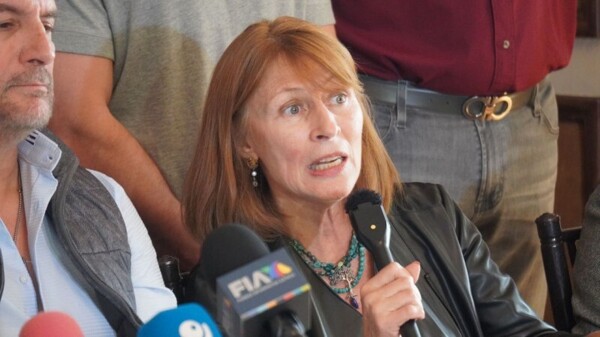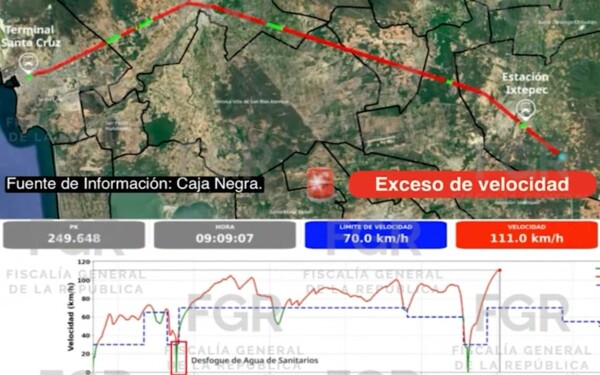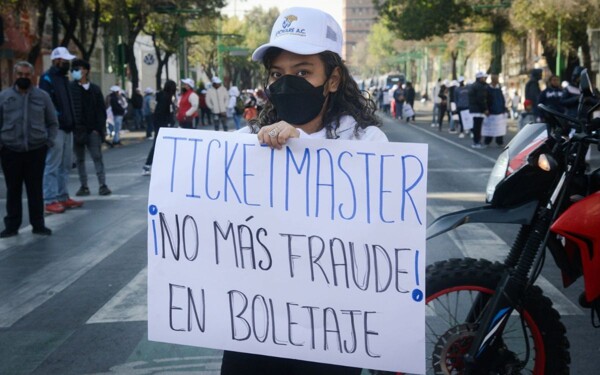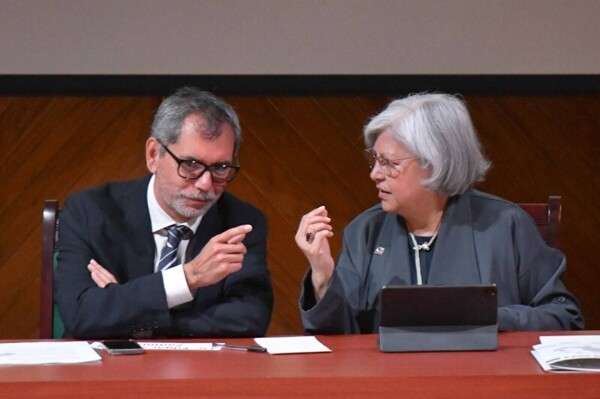
The National Commission for the Search of Missing Persons (CNB) in Mexico will be strengthened with drones and other technologies such as ground-penetrating radar to tackle the crisis of disappearances following the discovery of an alleged extermination camp of drug trafficking in Jalisco, a state in the western part of the country.
"The capabilities of the National Commission for the Search will be strengthened with more personnel, with greater technology to make existing and new search processes more effective and efficient," said Félix Arturo Medina Padilla, Undersecretary of Human Rights, Population, and Migration.
During the government's daily press conference, the official stated that they will also expand coordination with local prosecutors and local search commissions to standardize mechanisms for registering missing and unlocated persons as well as applicable protocols.
These actions occur after protests on Saturday from families of missing persons across the country following findings at a ranch in the town of Teuchitlán, in Jalisco, where the group Guerreros Buscadores de Jalisco reported having found a "recruitment concentration camp" of organized crime.
"The search for missing persons is a state task, but also a cause of humanity and justice," concluded Félix Arturo Medina Padilla.
On the other hand, Miguel Elorza Vázquez, head of the 'Lie Detector' section, denounced a "dirty war" on social media against Mexican President Claudia Sheinbaum, regarding the alleged extermination camp that has outraged the country.
He stated that there are accounts from both national and foreign opposition that spread misinformation and conduct a "digital dirty war" against Sheinbaum, as they reportedly did with former president Andrés Manuel López Obrador (2018-2024).
Mexico has over 120,000 missing persons, according to the National Registry of Missing and Unlocated Persons (RNPDNO), with data dating back to the 1960s.














